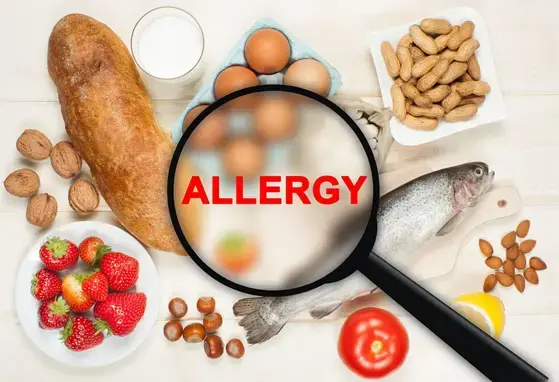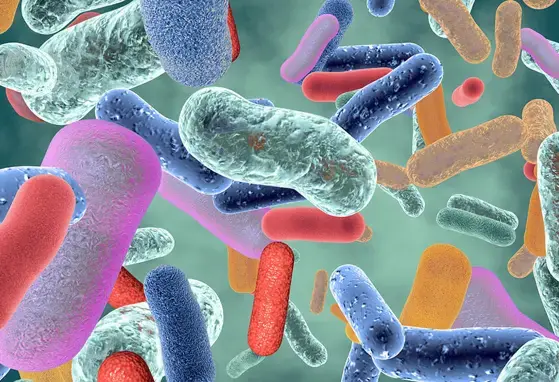[Literature library] Coronavirus Disease 2019 (COVID-19) mRNA-based vaccination and breastfeeding

This is the first study demonstrating the presence of anti-receptor-binding domain (RBD) antibodies in the faeces of breastfed newborns, whose mothers had received mRNA-based Coronavirus Disease 2019 (COVID-19) vaccines before or during lactation.
30 lactating women who had received COVID-19 mRNA-based vaccines between January and April 2021 in the United States were enrolled. They were required to provide serial human milk samples, dried blood spots, stool samples from infants at several timepoints. Results showed that:
RBD-specific IgG was predominantly responsible
- RBD-specific antibodies in serum
- Levels of serum RBD-specific IgA after the first and second dose were at or below background level
- Median serum RBD-specific IgG increased^ after the second dose
- RBD-specific antibodies in milk
- 26 of 30 milk samples provided more than 2 weeks after the second dose were positive for RBD-specific IgG, while only 14 of 30 samples were positive for RBD-specific IgA
- Median RBD-specific IgG increased in milk samples after the second dose#, while median RBD-specific IgA did not show obvious increase#
- RBD-specific antibodies in infant stool
- Anti-RBD IgA were found in 30% of the stool samples, while anti-RBD IgG were found in 33% of the stool samples
- Anti-RBD IgG levels were higher when mothers had experienced vaccination side effects
Antibody neutralization in milk
- Milk samples provided more than 3 weeks after the second dose could inhibit the binding of angiotensin-converting enzyme 2 (ACE2) to the spike of SARS-CoV-2 (p < 0.001), as well as to four variants of concern
- Considerable variability was observed among women
Levels of cytokines in milk
- The levels of IFN-γ were remarkably higher in milk samples provided after the first dose and the second dose# (p < 0.05 and p < 0.01 respectively)
- Relationship between side effects and vaccine-induced cytokine response:
- Among the women who reported side effects,
- around 2.5-fold increase in the median levels of IFN-γ in milk provided after the first dose#
- more than 20-fold increase in the median levels of IFN-γ in milk provided after the second dose#
- Among the women who reported no side effects,
- around 2-fold increase in the median levels of IFN-γ in milk provided after the first dose#
- around 3-fold increase in the median levels of IFN-γ in milk provided after the second dose#
- Among the women who reported side effects,
^Compared with prepandemic control group and median serum RBD-specific IgG level after the first dose
#Compared with prevaccine milk
Link to the full article:
https://ripetomato2uk.files.wordpress.com/2021/12/neutralizing_antibodies_and_cytokines_in_breast.339.pdf
Reference:
Narayanaswamy V et al. Neutralizing antibodies and cytokines in breast milk after coronavirus disease 2019 (COVID-19) mRNA vaccination, Obstetrics & Gynecology: February 2022 - Volume 139 - Issue 2 - p 181-191
Other articles that you might be interested in:
[Literature Library] Epitope-Specific Response of Human Milk sIgA in COVID-19 Recovered Women
WYE-EM-008-JAN-22
If you liked this post you may also like

[Guideline Summary] S3 guidelines on allergy prevention

![[Literature Library] Epitope-Specific Response of Human Milk sIgA in COVID-19 Recovered Women](/sites/default/files/styles/card_m_mobile/public/2021-07/205_COVID-opt.jpg.webp?itok=jNfgf4cf)
[Literature Library] Epitope-Specific Response of Human Milk sIgA in COVID-19 Recovered Women
